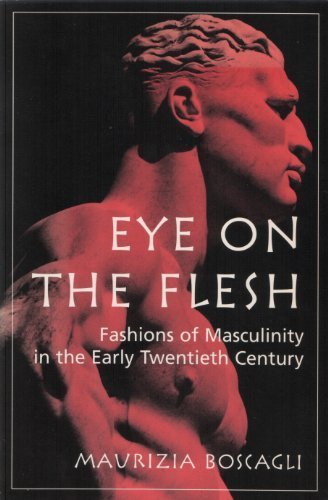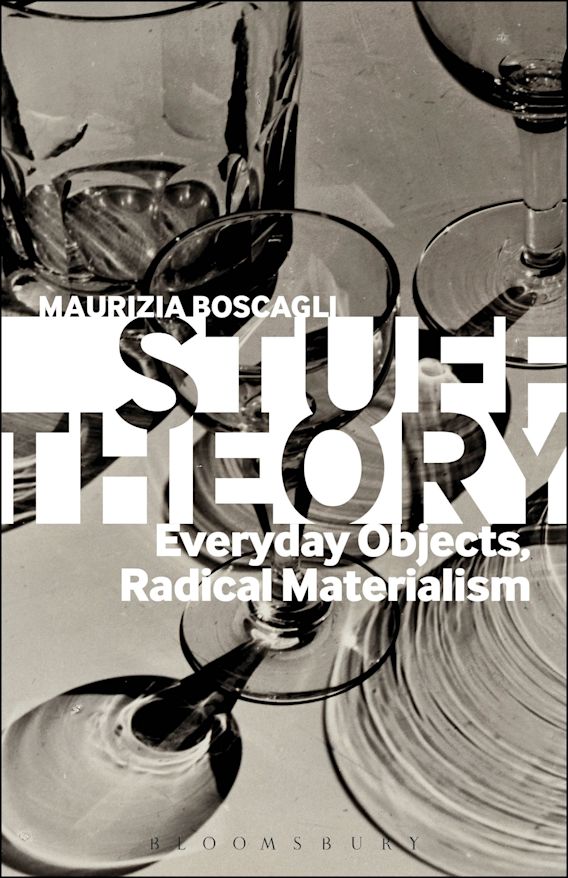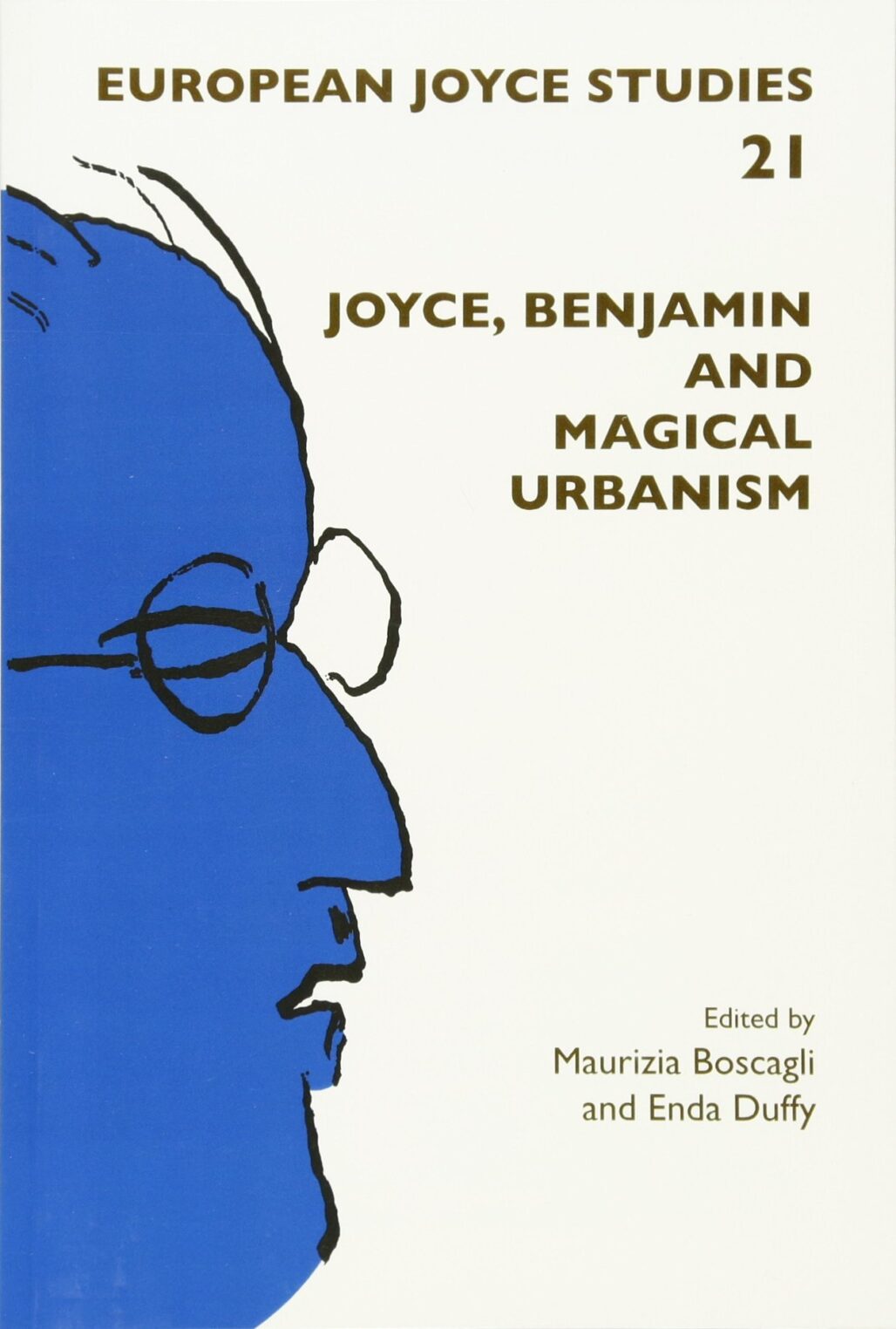Eye on the Flesh
Fashions of Masculinity in the Early Twentieth Century
- Author: Maurizia Boscagli

When do our bodies cease to be ours alone? At what point and under what political and social circumstances do our bodies become the subtle, but no less complete, inscription of the will of another person, an institution, or a state? Maurizia Boscagli analyzes the early twentieth-century transformation of the male body from Forster’s “unassuming black-coated clerk” and Eliot’s “young man carbuncular” to the brutal, tanned musculature of fascism. She argues that this new male superman corporeality corresponded precisely with the rise of early mass consumer culture – generally associated with the female – and the advent of fascism. This mechanistic, polished, and vigorous male creature inevitably became an object of political and economic obedience and conformity, and in the concept of “the national body,” a fighting machine. Boscagli takes the reader on a highly informed, literary, and cultural excursion through European culture between 1880 and 1930. She stops for long, enlightening looks at Oscar Wilde and The Picture of Dorian Gray, the Good War and the poet Rupert Brooke, Baden-Powell and the British Boy Scouts, and the primitive in D. H. Lawrence’s The Plumed Serpent. This erudite study about our obsessions with male physical perfection undergirds and explains the late-twentieth-century preoccupation with exercise, athletics, diet, and consumerism.
Citation Information
- Full Title: Eye on the Flesh: Fashions of Masculinity in the Early Twentieth Century
- City of Publication: Boulder
- Publisher: Westview Press
- Publication Date: 1995


